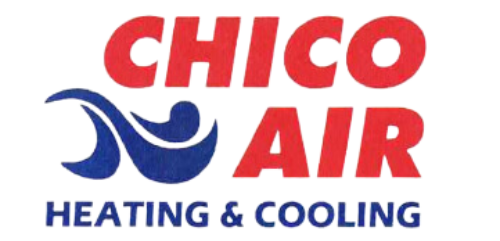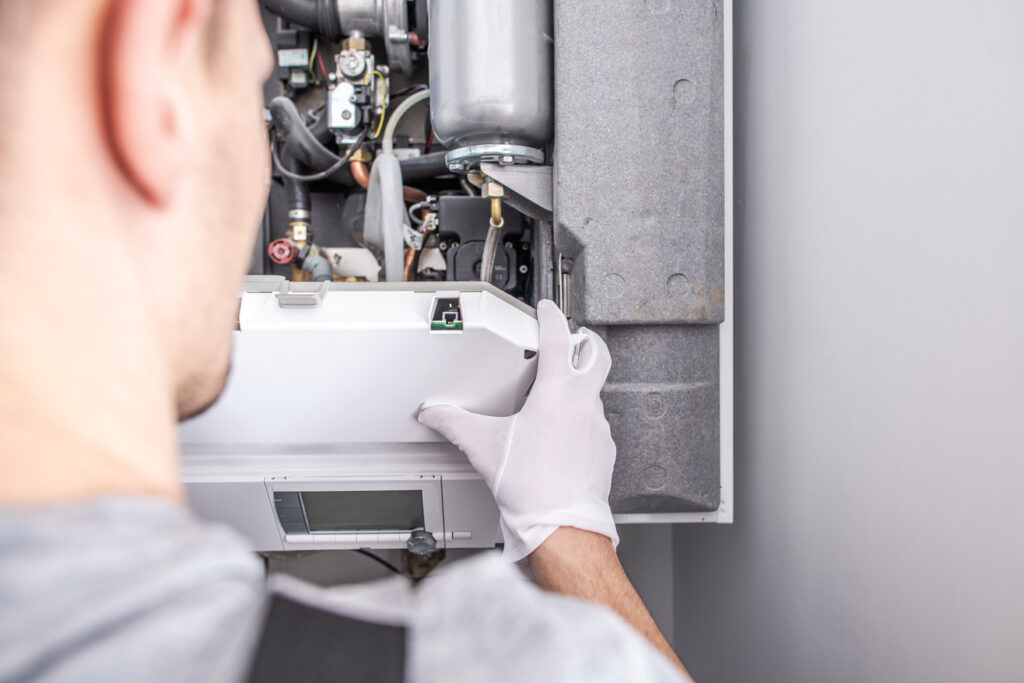The Internet of Things (IoT) has transformed various industries, and the HVAC (Heating, Ventilation, and Air Conditioning) sector is no exception. With the integration of IoT and other advanced technologies, smart HVAC systems are revolutionizing how we maintain and control our indoor environments. These innovative systems offer unparalleled comfort, convenience, and cost savings, making them an increasingly popular choice for homeowners and businesses alike.
Key Features of Smart HVAC Systems
- Remote Access and Control: Smart HVAC systems can be controlled remotely through smartphones, tablets, or computers, allowing users to adjust settings, monitor performance, and receive notifications from anywhere with an internet connection. This level of connectivity provides ultimate convenience and enables users to maintain a comfortable indoor environment at all times.
- Learning and Adaptation: Many smart HVAC systems are equipped with artificial intelligence (AI) and machine learning capabilities, enabling them to learn from users’ habits and preferences. Over time, these systems can automatically adjust temperatures and settings to optimize comfort, energy efficiency, and cost savings.
- Zoned Climate Control: Smart HVAC systems can be configured to create multiple temperature zones within a building, providing personalized comfort for individual rooms or spaces. This level of customization allows users to conserve energy and save money by only heating or cooling the areas that are in use.
- Predictive Maintenance: By continuously monitoring and analyzing system performance, smart HVAC systems can identify potential issues before they become significant problems. This proactive approach to maintenance can help reduce downtime, prevent costly repairs, and extend the lifespan of HVAC equipment.
Benefits of Smart HVAC Systems
- Enhanced Comfort: With features such as learning and adaptation, zoned climate control, and remote access, smart HVAC systems provide a customized and comfortable indoor environment tailored to users’ preferences.
- Energy Savings: Smart HVAC systems can optimize energy usage by learning from users’ habits, adjusting settings based on occupancy, and providing precise temperature control. This can result in significant energy savings and lower utility bills.
- Convenience: The ability to remotely monitor and control HVAC systems offers users unparalleled convenience, allowing them to maintain a comfortable indoor environment from anywhere with an internet connection.
- Proactive Maintenance: With predictive maintenance capabilities, smart HVAC systems can identify and address potential issues before they become costly problems, reducing downtime and extending the lifespan of the equipment.
Getting Started with Smart HVAC Systems
- Research: Begin by researching the various smart HVAC systems and features available on the market to determine which options best meet your needs and budget.
- Consult with Professionals: Seek advice from qualified HVAC professionals who can help you evaluate your options and choose the right smart system for your property.
- Installation: Once you have selected a smart HVAC system, work with a professional to ensure proper installation and setup, as this can impact the system’s performance and efficiency.
- Ongoing Maintenance: Regular maintenance is crucial for maintaining the efficiency and effectiveness of your smart HVAC system. Schedule routine check-ups and follow the manufacturer’s recommendations for optimal performance.
Smart HVAC systems offer a host of benefits, including enhanced comfort, energy savings, convenience, and proactive maintenance. By harnessing the power of technology, these innovative systems can transform the way we heat, cool, and ventilate our indoor spaces. By researching available options, consulting with professionals, and ensuring proper installation and maintenance, you can reap the full benefits of a smart HVAC system and enjoy a more comfortable and efficient indoor environment.






